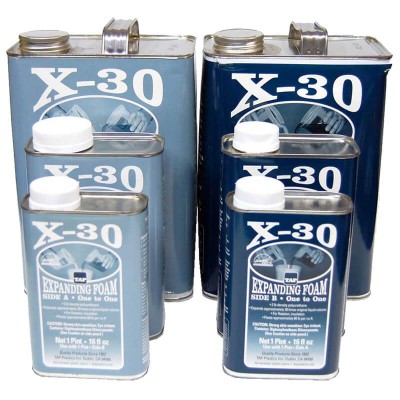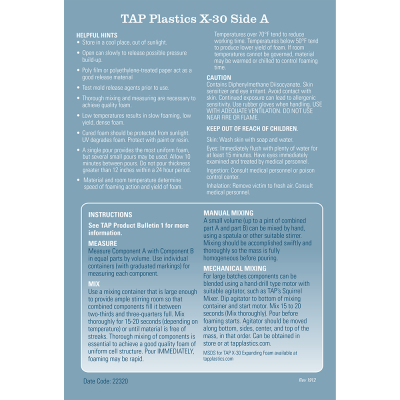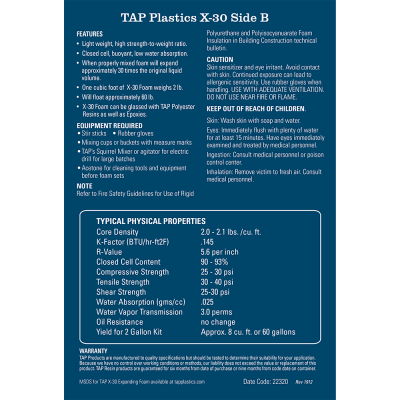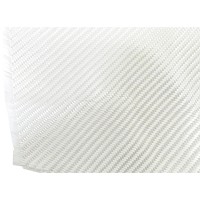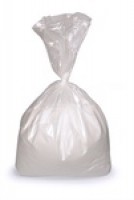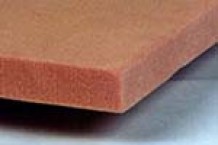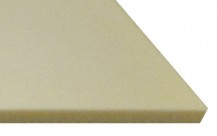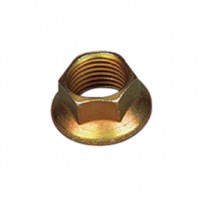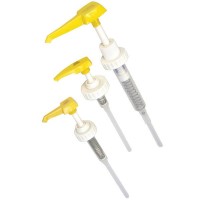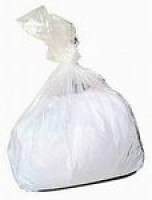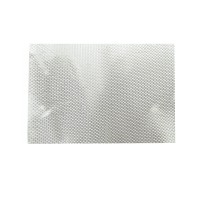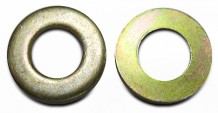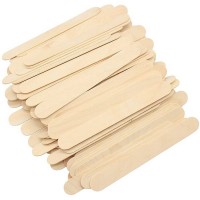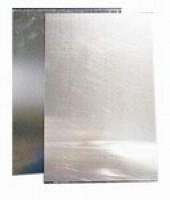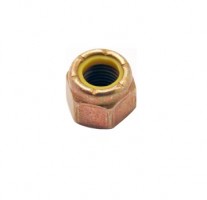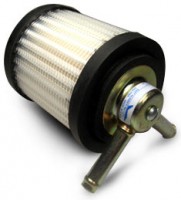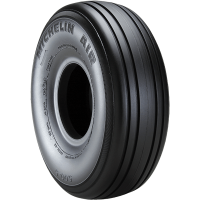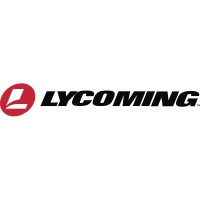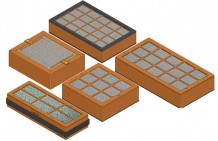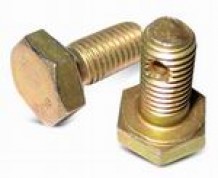Aircraft Spruce Canada
Brantford, ON Canada
Corona, CA | Peachtree City, GA
Chicago, IL | Wasilla, AK
X-30 Foam 2 Quart Kit ( X-40 )
MFR Model# 25416
Overview
|
This system consists of two components - "X-30" Resin and "X-30" Catalyst. When the resin and catalyst are mixed in equal volumes they expand into a rigid closed-cell foam of 2 pound density. "X-30" Foam expands up to 30 times its liquid volume. Small-batch mixes are recommended. Cured foams can be easily trimmed, cut and shaped with common woodworking tools. Just mix equal amounts of Side A (Resin), and Side B (Catalyst), stir vigorously, and pour into an enclosed area¡Xleaving plenty of room for expansion. X-30 is unaffected by gasoline, oil, solvents or other petroleum products, and is ideal for pour-in-place buoyancy or insulation.
Use toluene or MEK for cleanup. "X-30" Foam contains a highly reactive agent and is classified as a toxic material. It is combustible, a strong skin sensitizer and eye irritant. Avoid contact with the skin. Use rubber gloves when handling. Used for: Flotation, thermal and acoustical insulation reinforcement and miscellaneous void filling. Most small pleasure boats can be made "sink-proof" with approximately two gallons of "X-30". Data sheet available. "X-30" Foam contains a volatile fluorocarbon and should be stored at 70°F. or lower. "X-30" is used on the Osprey II bottom hull, canopy, nose cone, etc., requiring about four gallons of material (two gallons of each). Shelf life at least six months. Users have reported "more than two years shelf life". Note: When working with X-30 always cover your working surface with plastic film, as X-30 will soak through newspaper or cardboard and will be difficult to remove. |
Specifications
| X-30 Expanding Foam Volume | ||||
|---|---|---|---|---|
| Kit Size | 1 Qt. Kit | 1/2 Gal. Kit | 2 Gal. Kit | 10 Gal. Kit |
| Side A | 16 oz. (1 pt.) | 32 oz. (1qt.) | 1 gal. | 5 gal. |
| Side B | 16 oz. (1 pt.) | 32 oz. (1qt.) | 1 gal. | 5 gal. |
| Foamed Volume (approx.) cu. ft | 1 | 2 | 8 | 40 |
Reviews
Exactly as advertised, works as I expect it. So far its seems to be easy to form, easy to cut, easy to sand and it is light. Also holds very well to other surfaces. Only con is... its a bit more expensive than the stuff that the Marine guys sell.
Q&A
Please note, Aircraft Spruce Canada's personnel are not certified aircraft mechanics and can only provide general support and ideas, which should not be relied upon or implemented in lieu of consulting an A&P or other qualified technician. Aircraft Spruce Canada assumes no responsibility or liability for any issue or problem which may arise from any repair, modification or other work done from this knowledge base. Any product eligibility information provided here is based on general application guides and we recommend always referring to your specific aircraft parts manual, the parts manufacturer or consulting with a qualified mechanic.
It would be approximately 2 lbs. per cu. ft.
This product has not been tested with polyester type fiberglass resin, so it is not recommended.
Yes, we have added the Tech Data Sheet to the Documents tab of this webpage for download.
There is not data on the peel and shear strength adhesive strength to aluminum, but as long as the aluminum is properly sanded and clean, this will stick to aluminum.

 Aircraft Spruce Canada
Aircraft Spruce Canada
